June 19, 2023
The Power of Active Learning
Active learning is a powerful educational approach that engages students in the learning process, promoting critical thinking, problem-solving, and collaboration. Active learning creates an interactive and dynamic environment that fosters student engagement and enhances their overall learning experience. By actively participating in discussions, hands-on activities, and collaborative projects, students are more likely to retain information and develop a deeper understanding of the subject matter.
At Repton, teachers incorporate various active learning strategies in the classroom, such as group work, debates, problem-based learning, and role-playing exercises. These methods encourage students to explore, analyse, and apply knowledge in real-world contexts, making the learning experience more relevant and meaningful. An example of this is the exploration of life and work of Amelia Earhart in Year 2. The children researched and understood her achievements and then worked together practically to design and create paper airplanes. They then tested and refined the planes focusing on how to get them to fly further.
Active learning should not be limited to the classroom; it is equally important to foster a culture of active learning at home. Parents and guardians play a crucial role in encouraging their children to continue their educational journey beyond the school walls. As we are rapidly approaching summer holidays, it is important to think about how you can continue the children’s learning, at home and on your travels.
Here are some top tips to support home learning:
Get out the paints!
Set aside a designated space for studying and provide access to resources such as books, educational games, and art supplies. This will encourage children to explore their interests and engage in self-directed learning.
Get into nature!
Foster a sense of curiosity by encouraging children to ask questions about the world around them. Discuss their inquiries, provide answers, and encourage them to research and seek knowledge independently. A walk through a forest, on the beach or around a city can get the children thinking about the world around them.
Go to a museum!
Encourage children to learn through experiences. Take them on educational outings, visit museums, parks, and historical sites. Engaging in hands-on activities at home, such as cooking, gardening, or building projects, can also provide valuable learning opportunities.
The most important part of active learning is to have fun! Get the children to take pictures or keep a diary so they can look back at their adventures.
K. Dixon
Head of Teaching & Learning – KS1
